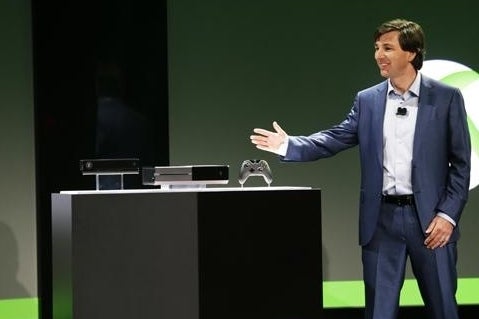Almost exactly a year ago, at the end of an E3 press conference in which Microsoft heralded fitness software, Kinect, Internet Explorer, Bing and dying action games as the future of entertainment, I wrote that anyone who has paid attention to Microsoft’s business over the years should not be surprised by its apparent lack of self-awareness.
“If we are entertained by what Microsoft chooses to do for its own gain,” I suggested, “then that is simply a happy coincidence.”
Guess what? The coincidence is over.
The fact that Microsoft’s policies governing game ownership, sharing and privacy are not surprising does not make them any less devastating to consumer rights, should they be formally adopted and become a standard. They sacrifice our freedom to own and trade games for no other reason than corporate self-interest.
To save you skimming large tracts of condescending prose about how much Microsoft loves and respects you as a human wallet, here is a summary:
You do not own the games you buy. You license them.Discs are only used to install and then license games and do not imply ownership.People can play games installed on your console whether you’re logged in or not.10 people can be authorised to play these games on a different Xbox One via the cloud, but not at the same time, similar to iTunes authorised devices.Publishers decide whether you can trade in your games and may charge for this.Publishers decide whether you can give a game you own to someone for free, and this only works if they have been on your friends list for 30 days.Your account allows you to play the games you license on any console.Your Xbox One must connect to the internet every 24 hours to keep playing games.When playing on another Xbox One with your account, this is reduced to one hour.Live TV, Blu-ray and DVD movies are exempt from these internet requirements.Loaning and renting games will not be possible at launch, but Microsoft is “exploring the possibilities”.Microsoft may change these policies or discontinue them at any point.
There is also a promise that Microsoft Studios games will all allow you to trade them in and give them away for free, bringing a whole new emphasis to the expression, “It’s the least we could do!”
The only positive thing in the whole document is confirmation that you can turn off Kinect and its data will never be uploaded without your permission. Let us all applaud Microsoft’s “OK, fine!” decision not to intrude on our privacy.
